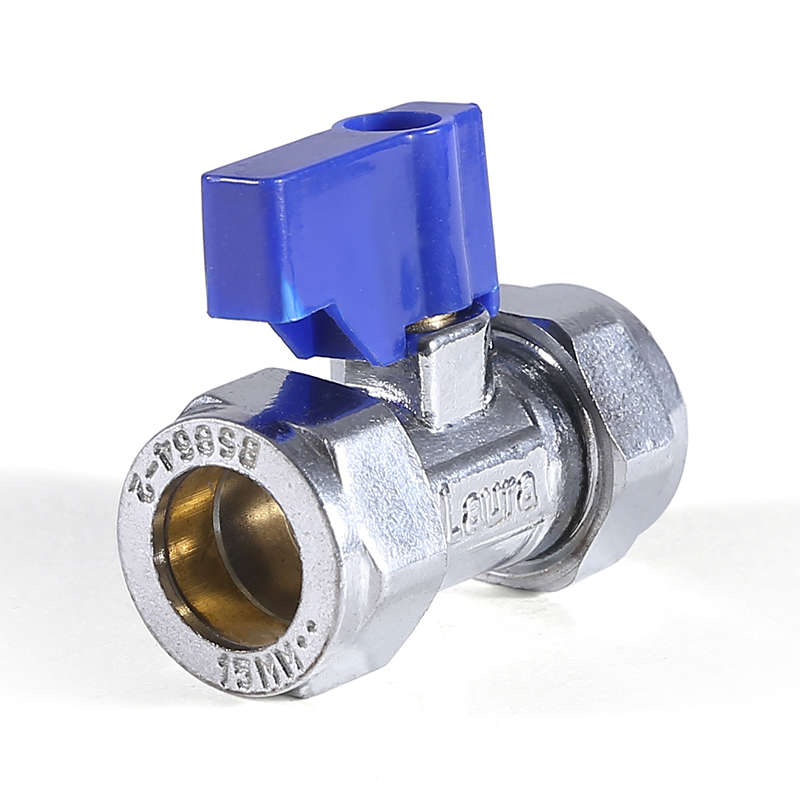The Impact of Mini Control Valves on Sustainable Irrigation Practices
Sale Custom Mini Small Control Pressure Ball Valve Supplier
Sustainable irrigation practices are essential for conserving water resources and ensuring agricultural productivity. One of the key components facilitating this sustainability is the Mini Control Valve (MCV). This article explores the role of MCVs in promoting efficient water use in irrigation systems, emphasizing their design, functionality, and contribution to environmental conservation.
Sale Mini Control Valves are small, precision-engineered devices that regulate the flow of water in irrigation systems. Their compact size and advanced control capabilities make them ideal for applications where water conservation is paramount. By precisely controlling the amount of water released, MCVs help farmers and irrigation managers optimize water usage, reducing waste and promoting sustainability.

The efficiency of Mini Control Valves lies in their ability to provide precise control over water flow. This precision is crucial for sustainable irrigation, as it allows for the application of just the right amount of water needed by crops. Over-irrigation can result in water wastage and soil salinization, while under-irrigation can result in reduced crop yields. MCVs help avoid these severe by ensuring that water is distributed evenly and according to the specific needs of the plants.
Technological advancements have enabled the integration of Mini Control Valves with smart technologies, such as sensors and internet connectivity. These smart MCVs can monitor soil moisture levels and adjust water flow accordingly. This real-time data allows for dynamic adjustments, ensuring that water is used efficiently and that crops receive the amount of hydration. The integration of MCVs with smart technologies is a significant step towards sustainable irrigation practices.
The environmental benefits of using Mini Control Valves in irrigation systems are manifold. By reducing water wastage, MCVs contribute to the conservation of this precious resource. They also help in maintaining the health of soil and aquatic ecosystems by preventing over-saturation and runoff, which can result in soil erosion and water pollution. The use of MCVs in irrigation systems is, therefore, a step towards sustainable agriculture that respects the environment.
From an economic standpoint, Custom Mini Pressure Valves offer significant advantages. By reducing water consumption, they lower the operational costs associated with irrigation. This is particularly important in regions where water is a scarce resource, as it allows farmers to maintain productivity without incurring excessive water costs. Additionally, the precision of MCVs can result in higher crop yields, as they ensure that plants receive the exact amount of water they need, which can translate into increased profits for farmers.
Mini Control Valves are designed to be adaptable to various conditions, making them suitable for a wide range of irrigation applications. Whether it's a small-scale farm or a large commercial operation, MCVs can be tailored to meet the specific needs of the irrigation system. This adaptability is crucial for sustainable irrigation, as it allows for the optimization of water use across different scales and environments.
The durability and low maintenance requirements of Mini Control Valves are also important factors in their contribution to sustainable irrigation. MCVs are built to withstand the rigors of outdoor environments and are designed for long-term use. This reduces the need for frequent replacements, which in turn reduces waste and the environmental impact associated with manufacturing new valves.
As technology continues to advance, the future of Small Ball Valve Suppliers in sustainable irrigation practices looks promising. Developments in materials science, sensor technology, and artificial intelligence are expected to further enhance the capabilities of MCVs. These advancements will likely result in even more precise control over water flow, improved system efficiency, and greater water savings.
In conclusion, Mini Control Valves play a pivotal role in sustainable irrigation practices. Their ability to provide precise control over water flow, integrate with smart technologies, and adapt to various conditions makes them an essential component in the quest for water conservation and efficient agricultural practices. As technology continues to evolve, the role of Mini Control Valves in sustainable irrigation is set to become even more significant, ensuring that our water resources are used wisely and that our agricultural systems remain productive and environmentally responsible.
-
Feedback


 English
English 中文简体
中文简体 русский
русский Email us now!
Email us now!









